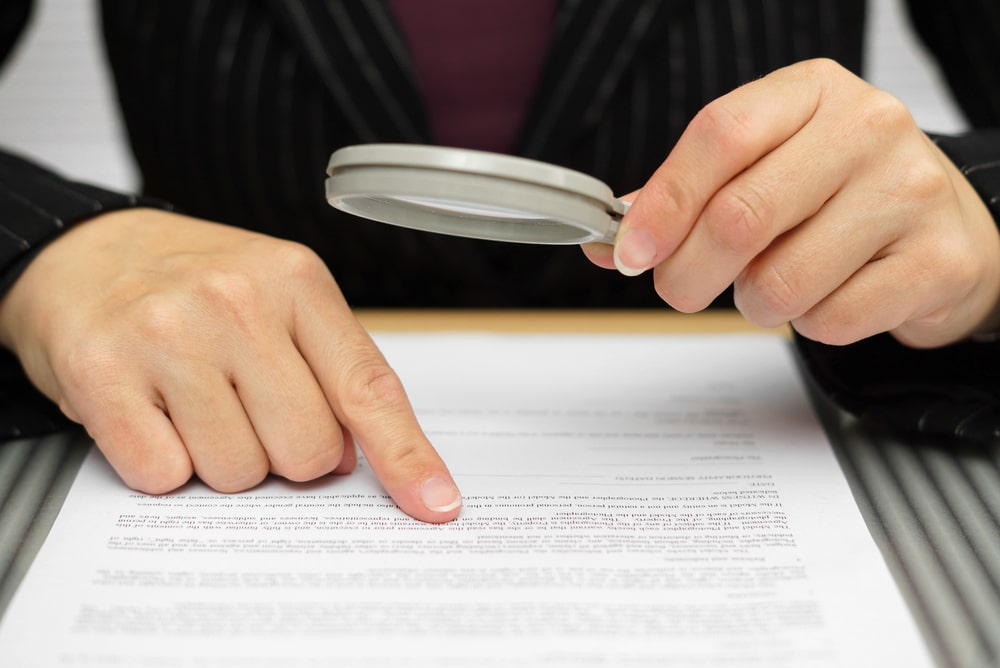

Written by Paul Esajian
Wholesaling 101 Wholesale Real Estate Contract: A Guide For Beginners Key TakeawaysWholesaling is an excellent entry into the profession of real estate investing. It offers powerful wealth-building benefits and does not require significant capital to get started. However, the conundrum for many investors is the intricacies of the wholesale real estate contract.
This is especially true if you’re new to the investing business and unfamiliar with many of the contracts and legal forms required. Even real estate agents, dipping their toes into investing for the first time, can find the wholesale contract a bit of a challenge.
Because there are numerous misconceptions about selling contracts and wholesaling in general, the following breaks down the in’s and out’s of a wholesale real estate contract.
[ Thinking about investing in real estate? Register to attend a FREE online real estate class and learn how to get started investing in real estate. ]
A real estate wholesale contract is a legal document between a real estate wholesaler and a seller, essentially giving the investor the right to buy the property. As a wholesaler, you are essentially setting up the game for others to play. Your job as the middleman is to locate a potential deal, secure the rights (much how a real estate agent would), and then assign the contract to a real estate investor. “A wholesale real estate contract is a legal document between a real estate wholesaler and a seller, which gives the investor the right to buy the property. Assignment contract is the transfer of rights from the wholesaler to the buyer”, says Rasti Nikolic, a financial consultant at Loan Advisor. The concept of a wholesale is similar to a purchase agreement, but the mechanics are much different.
It is also worth noting that a wholesale real estate contract may be carried out in reverse order. Otherwise known as reverse wholesaling, this process will have the investor seek a buyer before even having a property lined up. In doing so, the investor will already have a buyer lined up the second they initiate a wholesale contract. Additionally, seeking out the buyer first will give the investor an idea of what type of deal to look for. The primary benefit of conducting a wholesale real estate contract in reverse ultimately has to do with efficiency. If, for nothing else, time is the most valuable commodity of an investor, and having a buyer lined up will save them both time and money.
To better understand how a real estate wholesale contract works, wholesalers will need to first familiarize themselves with the basics of a purchase and sale agreement. The framework of this legal agreement, which provides the right to buy and sell a property, will include—but isn’t limited to—the following:

When you sign a wholesale real estate contract to purchase a property from a seller, you now have an equitable interest in the property. Under what is known as the doctrine of equitable conversion, a buyer can become the equitable owner of the property. At the same time, the seller maintains the bare legal title to the property under the terms of the agreement.
Although you won’t have the title to the property, you’ll be able to control it using a contract. On that note, it’s important to mention that every state and county will have its own laws on wholesaling and the formalities of the real estate wholesale contract.
The next step will then be to assign your contractual rights to an investor, which will require an Assignment of Real Estate Purchase and Sale Agreement. This contractual document will basically state the new buyer is assuming your responsibilities, including purchasing the property to the agreed-upon terms in the purchase and sale agreement.
It is vitally important the new buyer is informed of the original contract’s stipulations and layout, agreeing to all prices, terms, conditions, and contingencies. That’s why wholesalers should attach a copy of the purchase and sale agreement to the Assignment of Real Estate Purchase and Sale Agreement. This will ensure the new buyer is aware of the original sales agreement and has a copy that discloses all addenda made in the deal.
As part of a real estate wholesale contract, wholesalers will collect a profit for their work. The terms of how they get paid will be included in the Assignment of Real Estate Purchase and Sale Agreement. Generally speaking, wholesalers are typically paid a deposit when the Assignment of Real Estate Purchase and Sale Agreement is signed; the rest of the profit comes after the transaction closes. As a reminder, it’s best to have an attorney review the documents and contracts to ensure they’re correctly written for what you’re trying to accomplish.
Several benefits come with assignment contracts for wholesaling real estate. From turning quick profits to learning about the real estate market quickly, here are a few of the advantages of wholesale real estate contracts to keep in mind:
Now that we’ve covered the several advantages of wholesale real estate contracts, it is equally important to note the disadvantages they may have before you dive in. Some of the cons of a wholesale real estate assignment contract include:
In order to make sure that all parties are clear on the specificities of a given contract, the agreement must be as direct and informative as possible. Luckily, this process can be streamlined with the help of a template. While the following is not a downloadable wholesale real estate contract pdf, it can serve as a detailed outline for investors. Use the template below as you get started, and do not be afraid to add more information as you go along. When it comes to real estate wholesaling contracts, the more informative and clear the better. Here is a wholesale contract template to get started:

The one thing every wholesaler will need to begin considering is a wholesale buyers list. Success in wholesale only works if you have investors in place to call upon. Therefore, a wholesale buyers list with ample prospects will serve as an invaluable tool.
Everyone you come across is a lead. Whether it’s through casual conversation at a coffee shop or dedicated real estate networking events, the people you interact with have potential to become a customer. In order to go from interacting with people to incorporating them into your business dealings, and eventually into a sale, it takes marketing. A wholesale buyers list acts as your audience; give them what they want. When adding to your bank of prospects, it’s important that you take down information on your lead, which will typically include:
Once you have the basic information on your contacts, it will then be time for the real estate lead generation campaign to begin. The three most common types of lead generation outlets are networking, marketing campaigns, and social media/web presence. For those looking to get started, the following breaks down each marketing strategy for generating wholesale leads:
Wholesaling and flipping houses are considered beginner-friendly investing strategies; however, flipping houses requires significantly more involvement. Flipping a house means buying a property, renovating it, and ultimately selling it for a higher price. This requires upfront capital to purchase and renovate a home. In contrast, wholesalers are not required to ever purchase property or cover costs associated with ownership.
The ownership element of flipping houses increases the level of risk associated with this strategy. Flippers can run into unexpected costs, for example, if the property is on the market longer than expected before selling. In this case, the increased risk does translate to increased reward as the profit margins of flipping houses are somewhat higher than wholesale deals. New investors have found luck with wholesaling and flipping houses; choosing the right strategy will be entirely up to you.
One of the most common misconceptions about wholesaling real estate is that you must obtain a real estate license to do so. You do not need to get a real estate license to become a wholesaler. Wholesalers make money by selling a property contract for more than they bought it for. Real estate agents sell a property, facilitate the entire sale, and receive a commission as a percentage of the purchase price.
Yes, wholesaling is legal. That being said, wholesalers are required to disclose certain information when facilitating a deal. For example, wholesalers must mention that they do not own the actual property and instead own the right to purchase the property. If wholesalers do have a real estate license, they must disclose that information as well. Always check your state and local laws before wholesaling properties to ensure you are in line with legal requirements in your area.
You can wholesale commercial real estate in theory, but in practice this investment strategy is rare. The reason for this is because there are additional regulations surrounding the purchase of commercial properties. This makes commercial wholesaling a somewhat different and more difficult process when compared to residential real estate. Many believe the process to be riskier overall. However, because this strategy is much less common investors who are able to get acquainted with the proper regulations will find less competition overall.
The seller can back out if the language of the contract specifies certain clauses that are not met. In these cases, the seller will have legal justification to back out of the contract and deal. This most commonly happens if the seller is unable to buy a new property to move into on time, or if they decide against selling the property at all. Again, these clauses would have to be included in the original contract so while they can be surprising to hear, they should not blind side you.
A wholesale real estate contract is the central component to an investor’s wholesaling strategy and the factor that plays the most significant role when looking to get paid.
So even if you’re not a complete wholesaling expert—and born with a legal mind—make sure to dot your I’s and cross your T’s to ensure this complicated, though powerful, form of investing doesn’t leave you in the dark.
Ready to start taking advantage of the current opportunities in the real estate market?
Click the banner below to take a 90-minute online training class and get started learning how to invest in today’s real estate market!